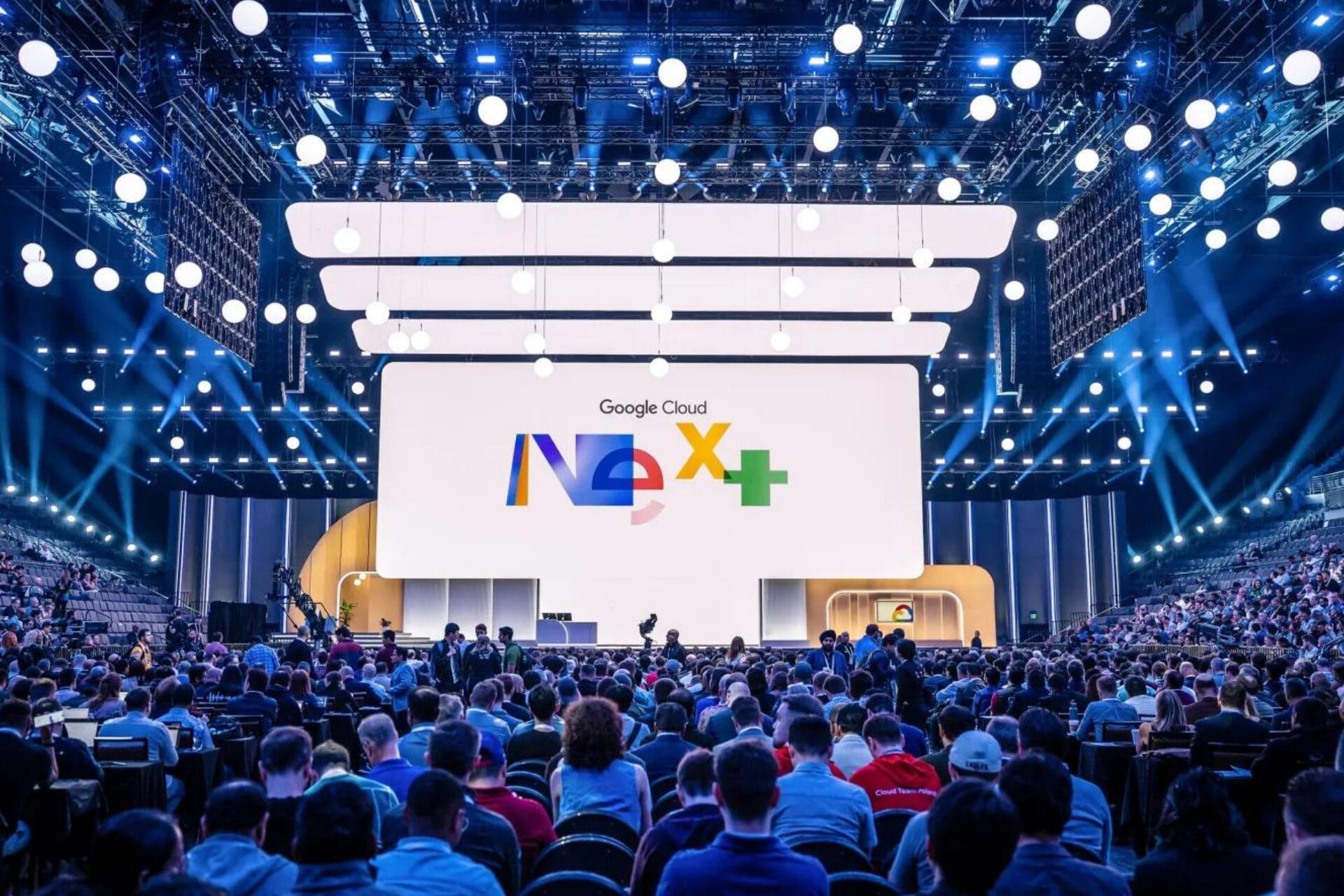At its recent Next ’23 conference in Las Vegas, Google Cloud put generative AI at center stage. The company demonstrated several productivity-boosting enhancements powered by AI. However, some experts worry that implementing these advancements in the real world may not be as straightforward as Google implies.
At the conference, there was a prevailing emphasis on Google Cloud’s commitment to generative AI facilitated by its robust Gemini large language model (LLM). Attendees were presented with demonstrations showcasing capabilities such as code generation, content analysis and data exploration. Nonetheless, certain demos appeared restricted since they excessively relied on Google’s in-house ecosystem whereas most enterprises possess manifold sources of data.
The implementation of generative AI, despite its potential, encounters obstacles. The adoption of such a complex technology proves challenging particularly for large organizations. More than just technical barriers are hampering progress; concerns related to data governance, security and ethics should be given careful consideration as well.
Effective AI training requires clean and organized data, making it imperative for companies to prioritize digital transformation. Failure to do so may hinder the adoption of generative AI due to significant obstacles in data preparation.
According to experts, although Google has made generative AI accessible, oversimplification should be avoided. Companies that are lagging behind in their digital transformation may need to tackle critical infrastructure concerns before fully experiencing the advantages of generative AI.
Although Google Cloud is steadfast in its dedication to generative AI, effectively implementing it calls for meticulous attention to technical and organizational hurdles. For companies seeking successful integration of this technology, making certain that their data is prepared and fostering a culture open to innovative solutions are crucial steps on the path forward.
Disclaimer
NextNews strives for accurate tech news, but use it with caution - content changes often, external links may be iffy, and technical glitches happen. See full disclaimer for details.
